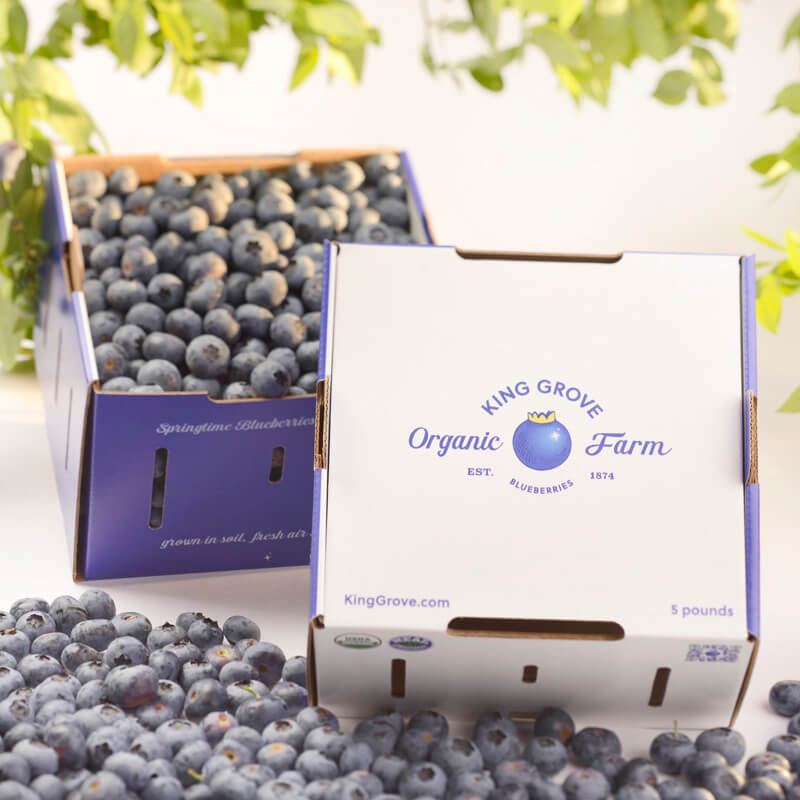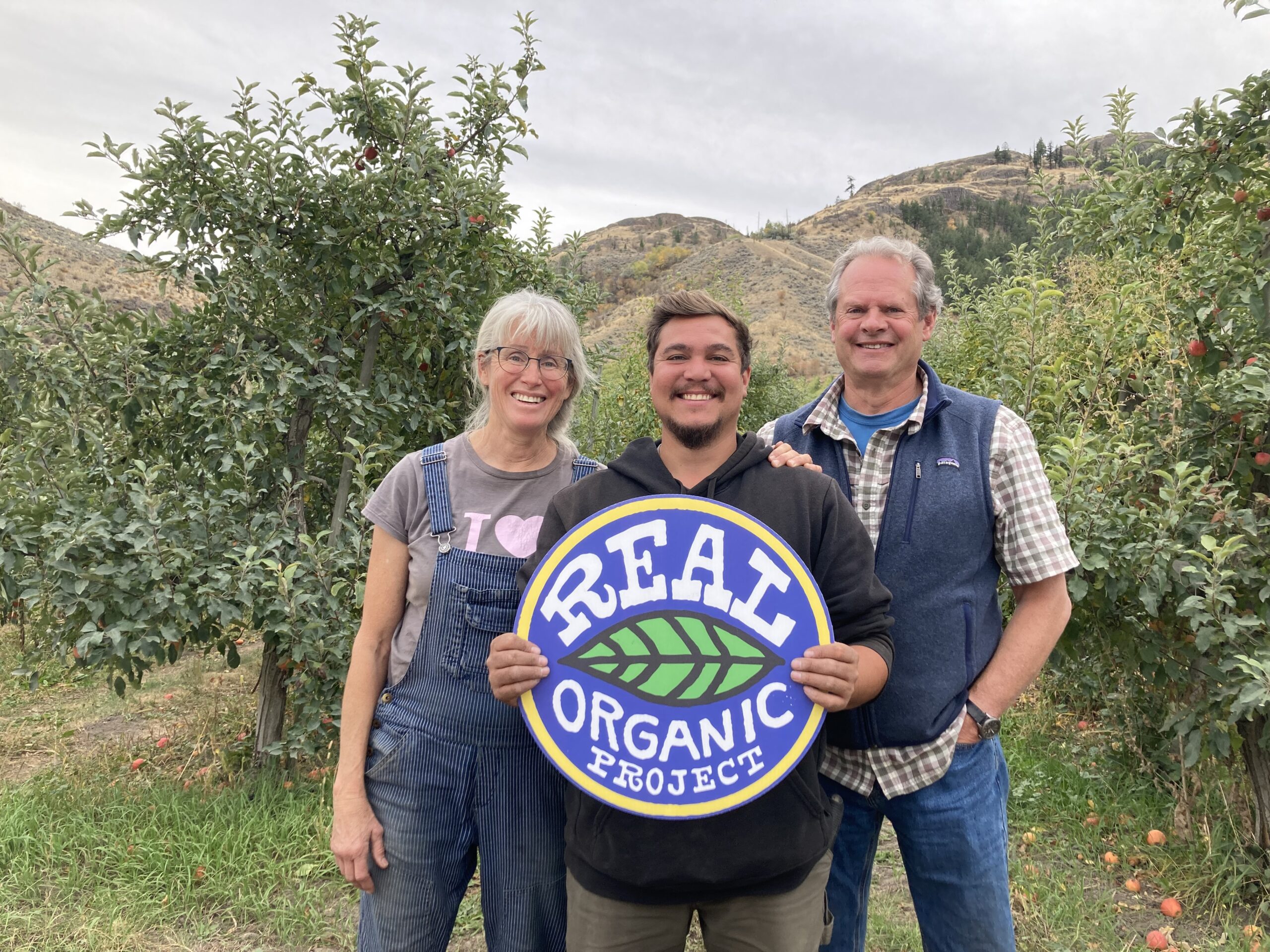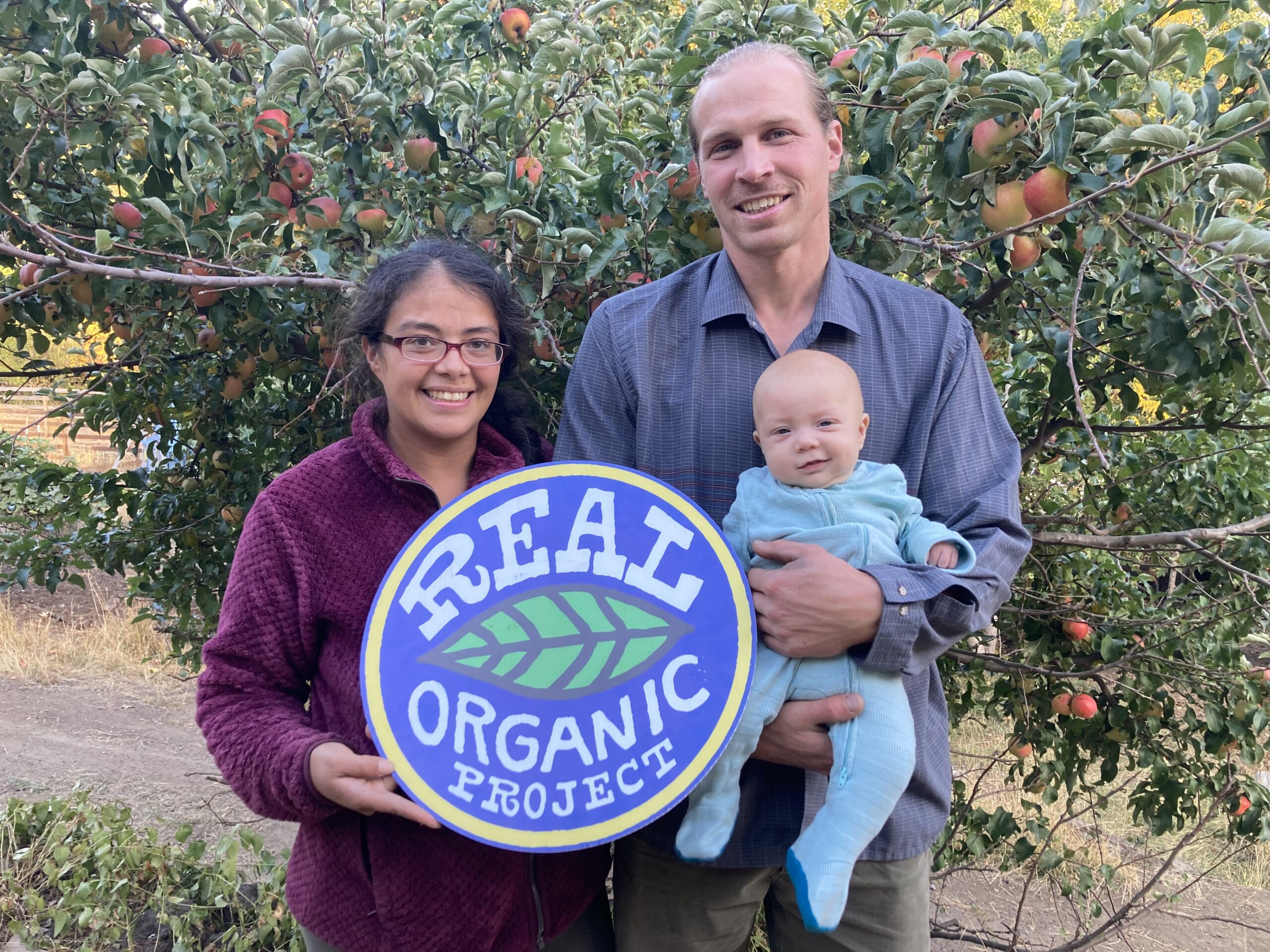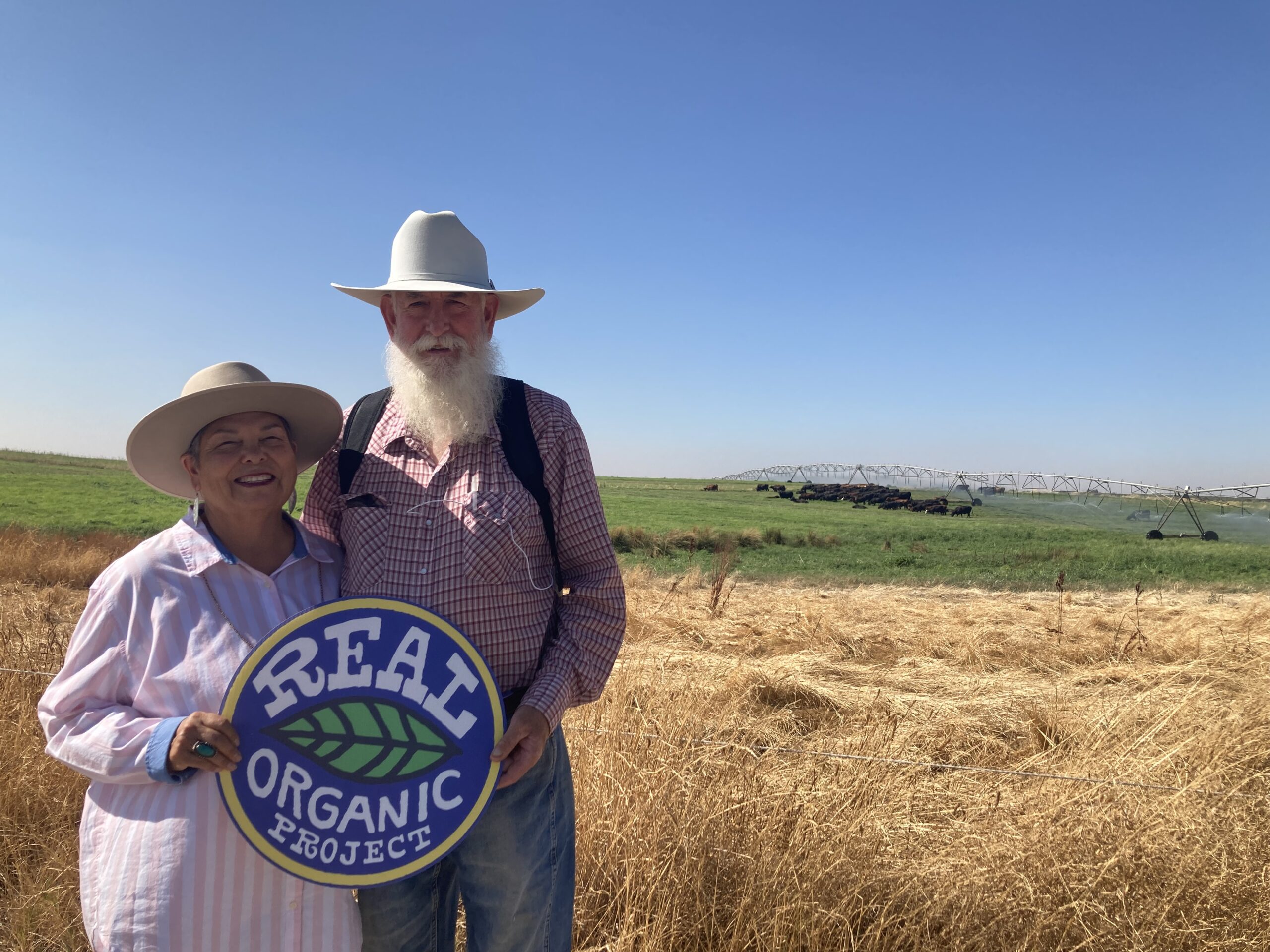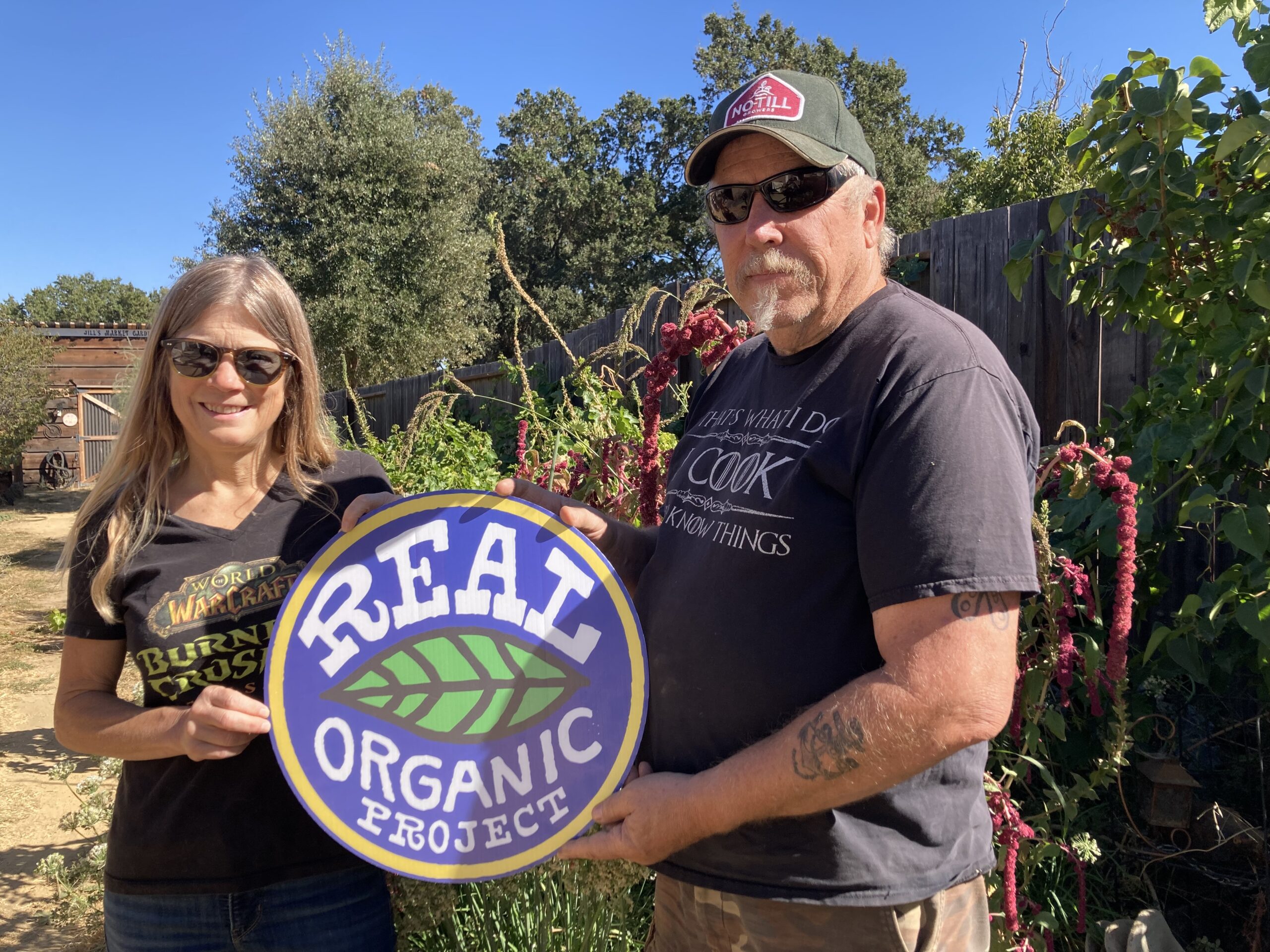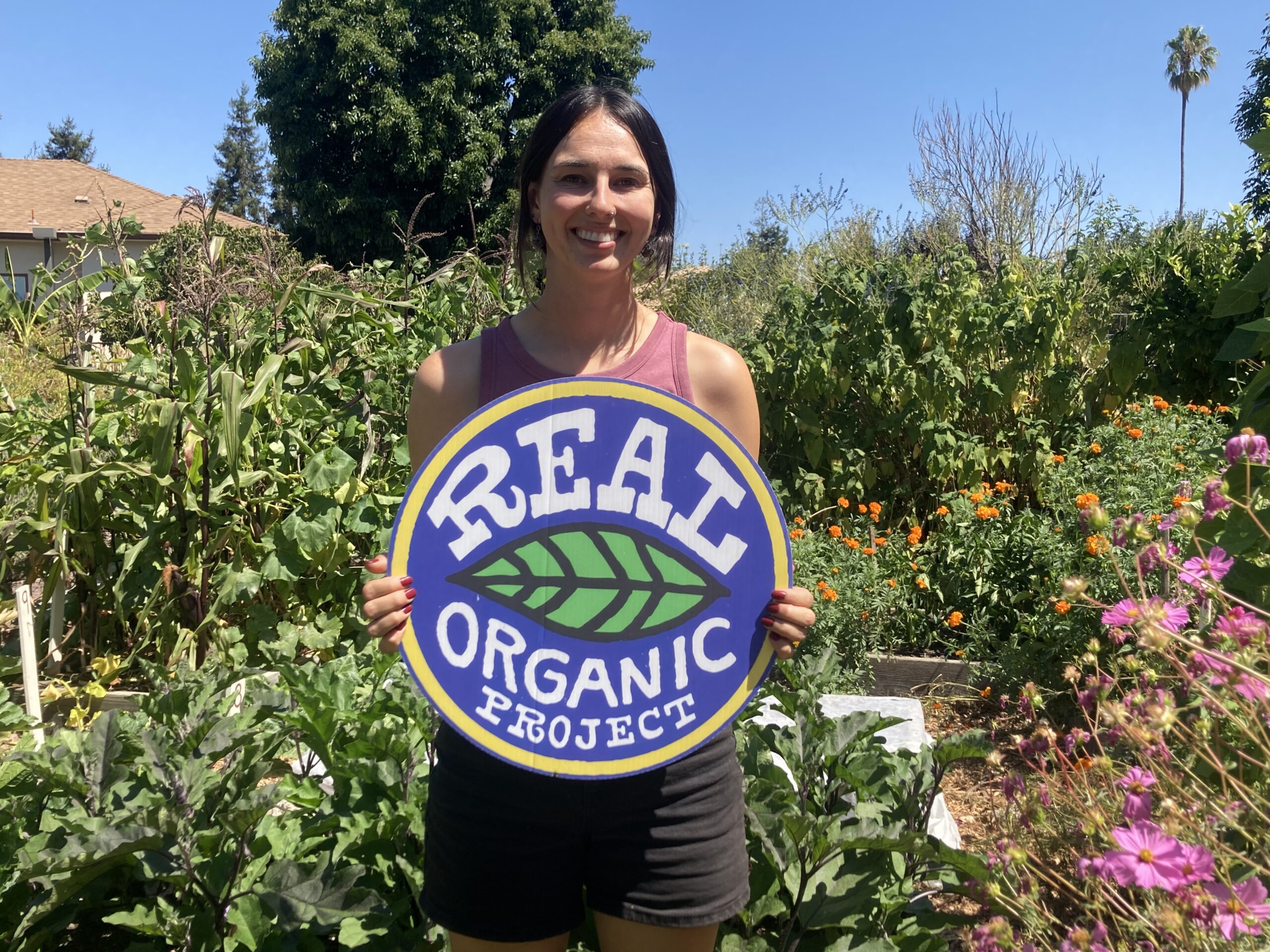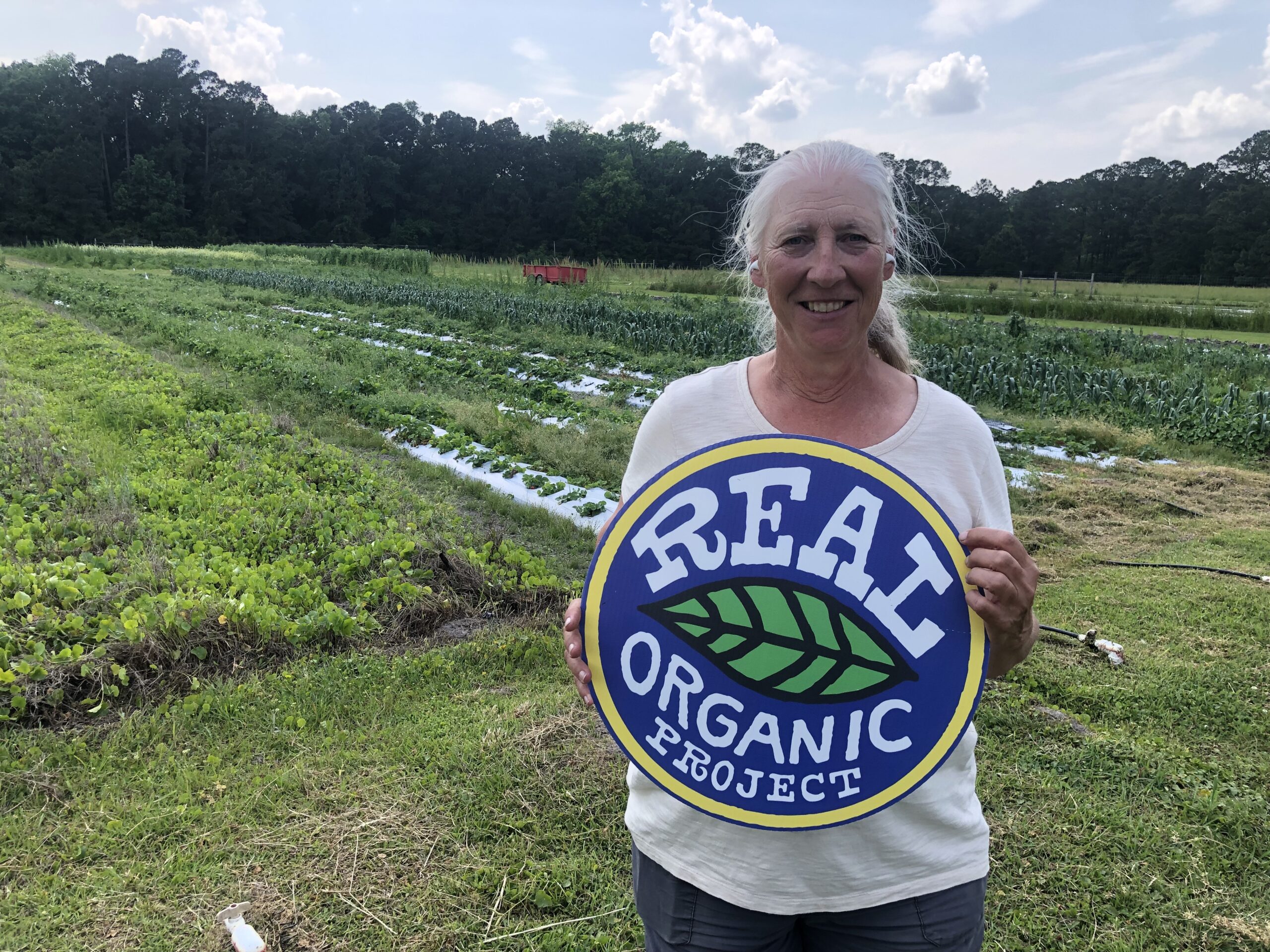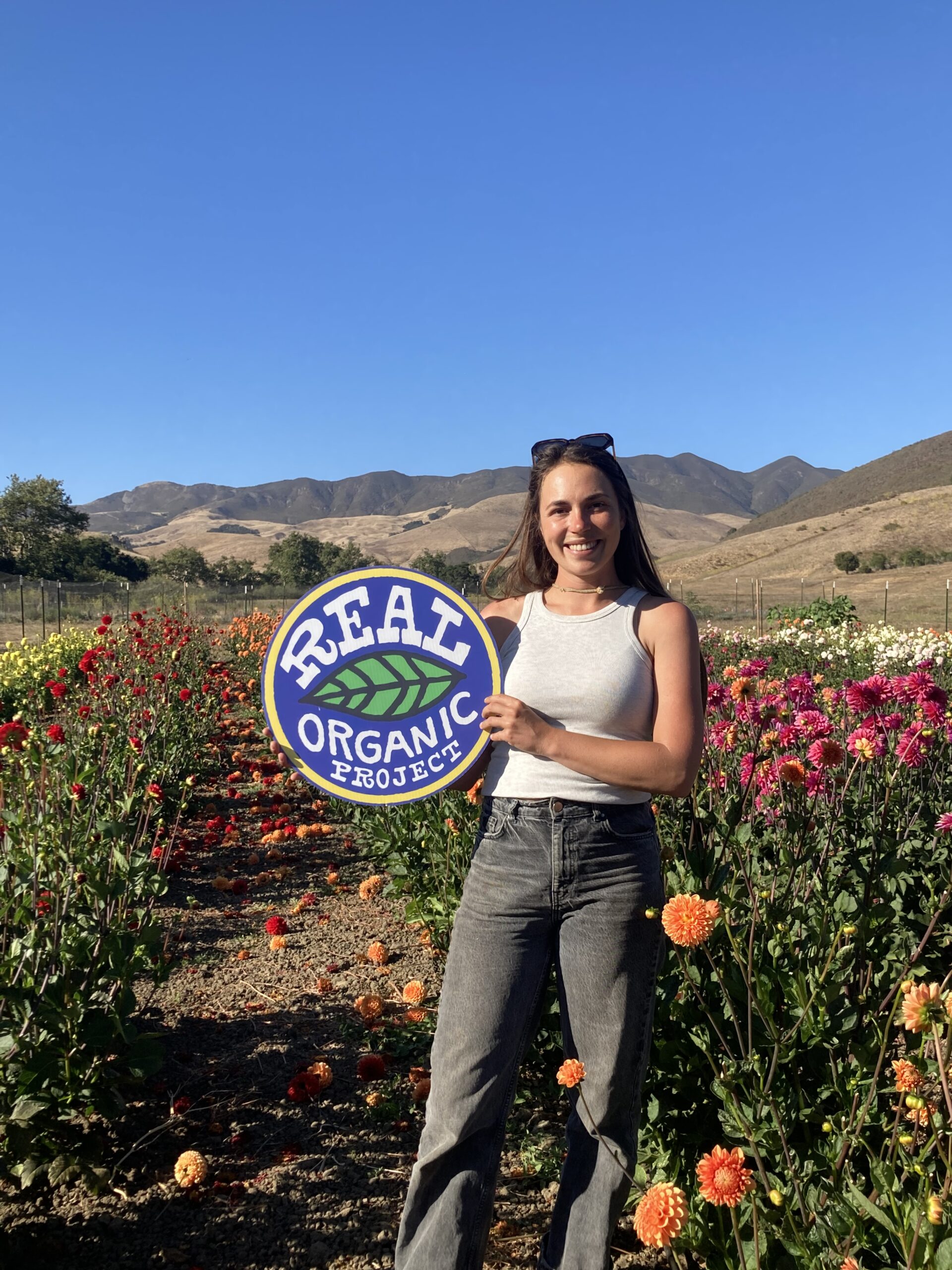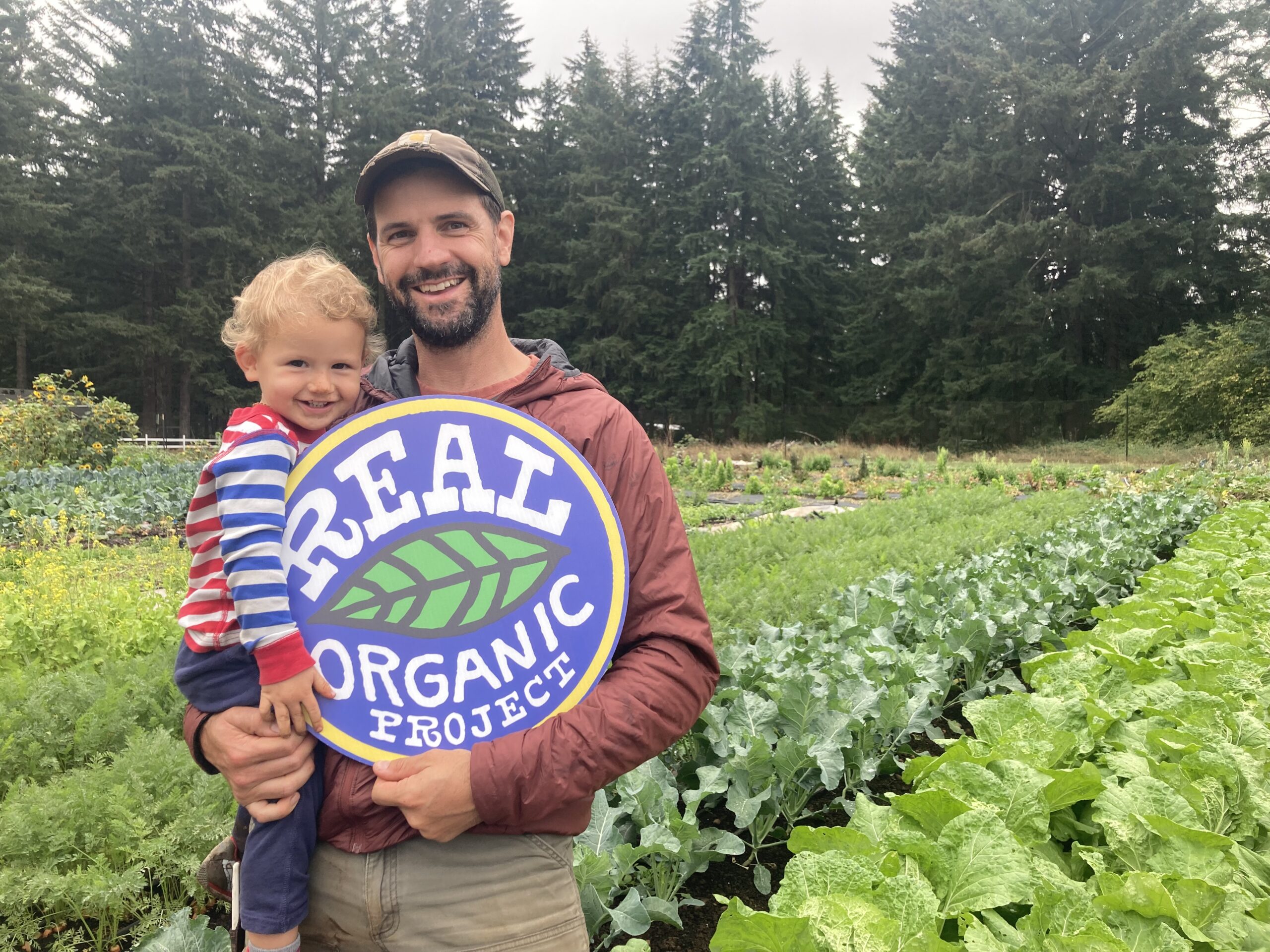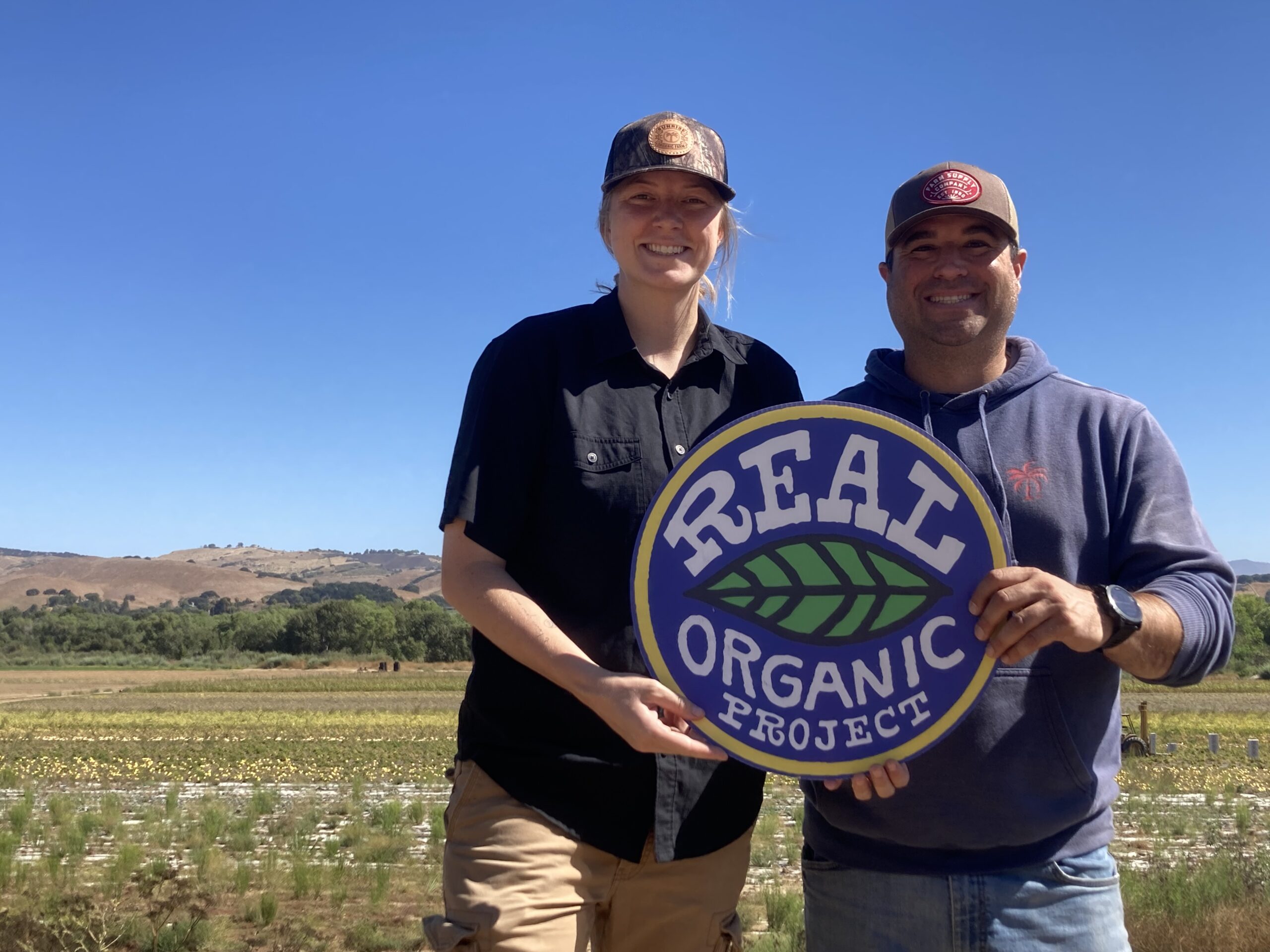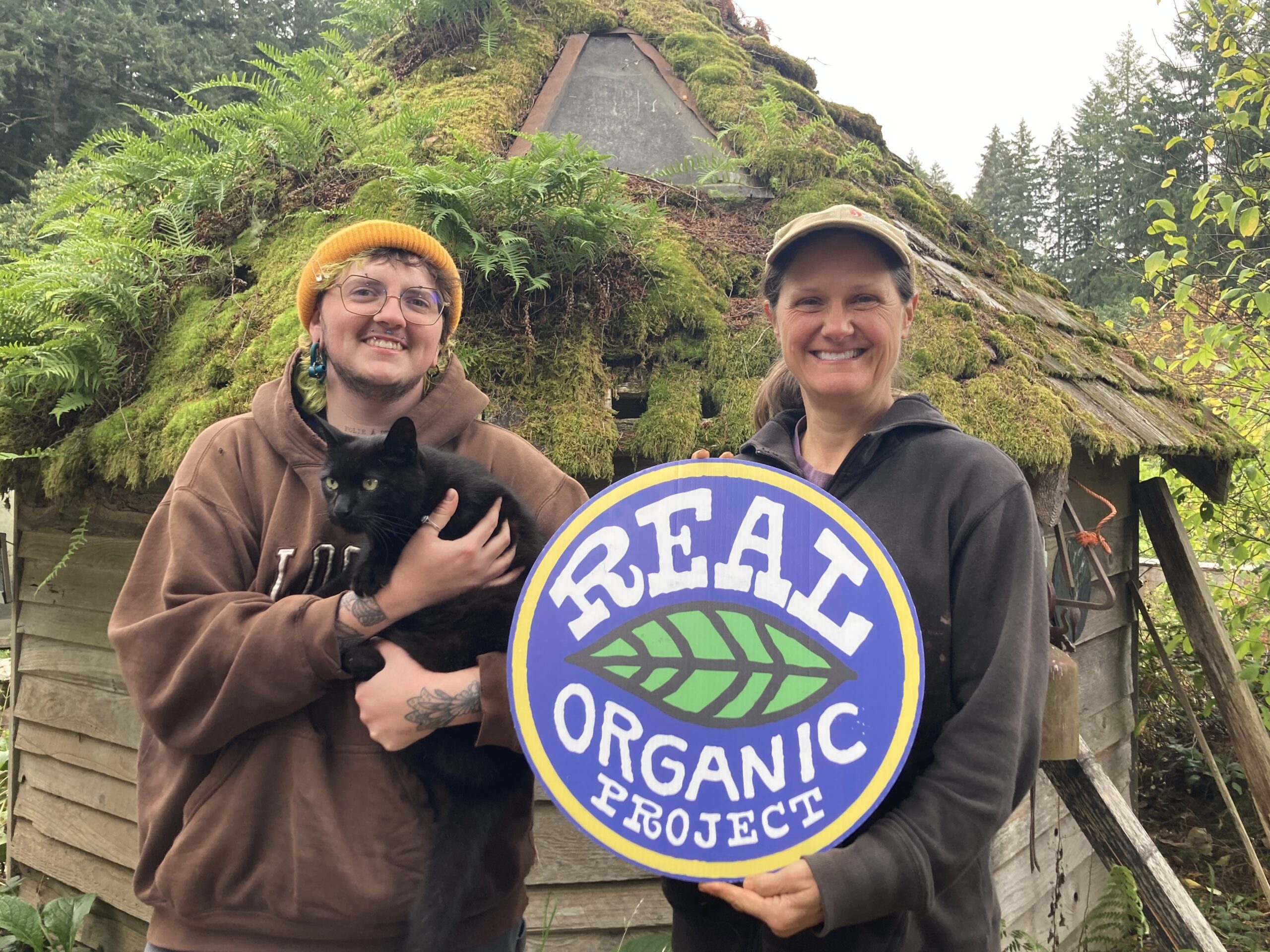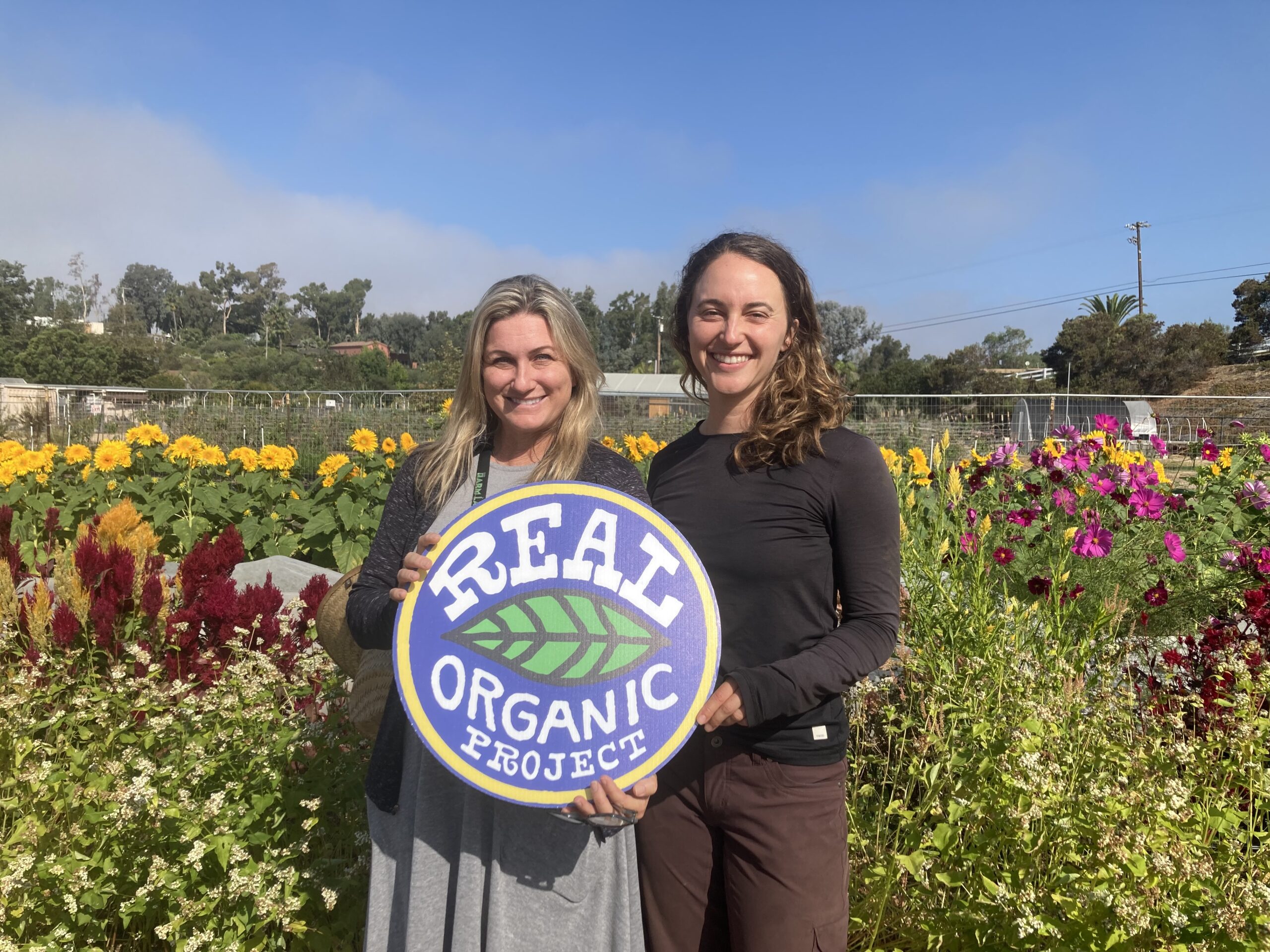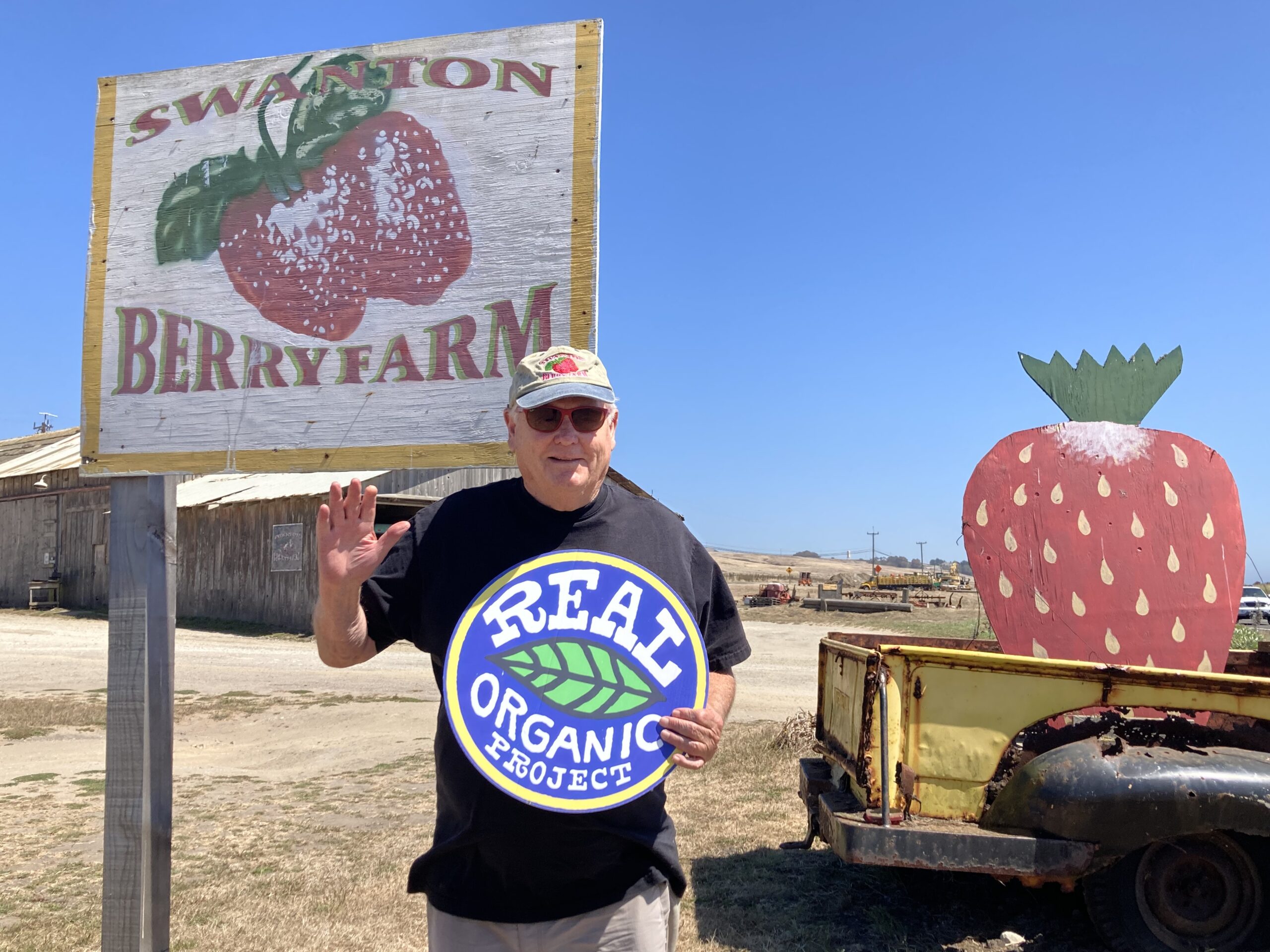Why This Matters
Industrial agriculture has systematically stripped meaning from food production. Real Organic Project is rebuilding that meaning—farm by farm, acre by acre—restoring integrity to what we eat and how it's grown.
These aren't just regulations. They're a manifesto for a more just, sustainable food system.
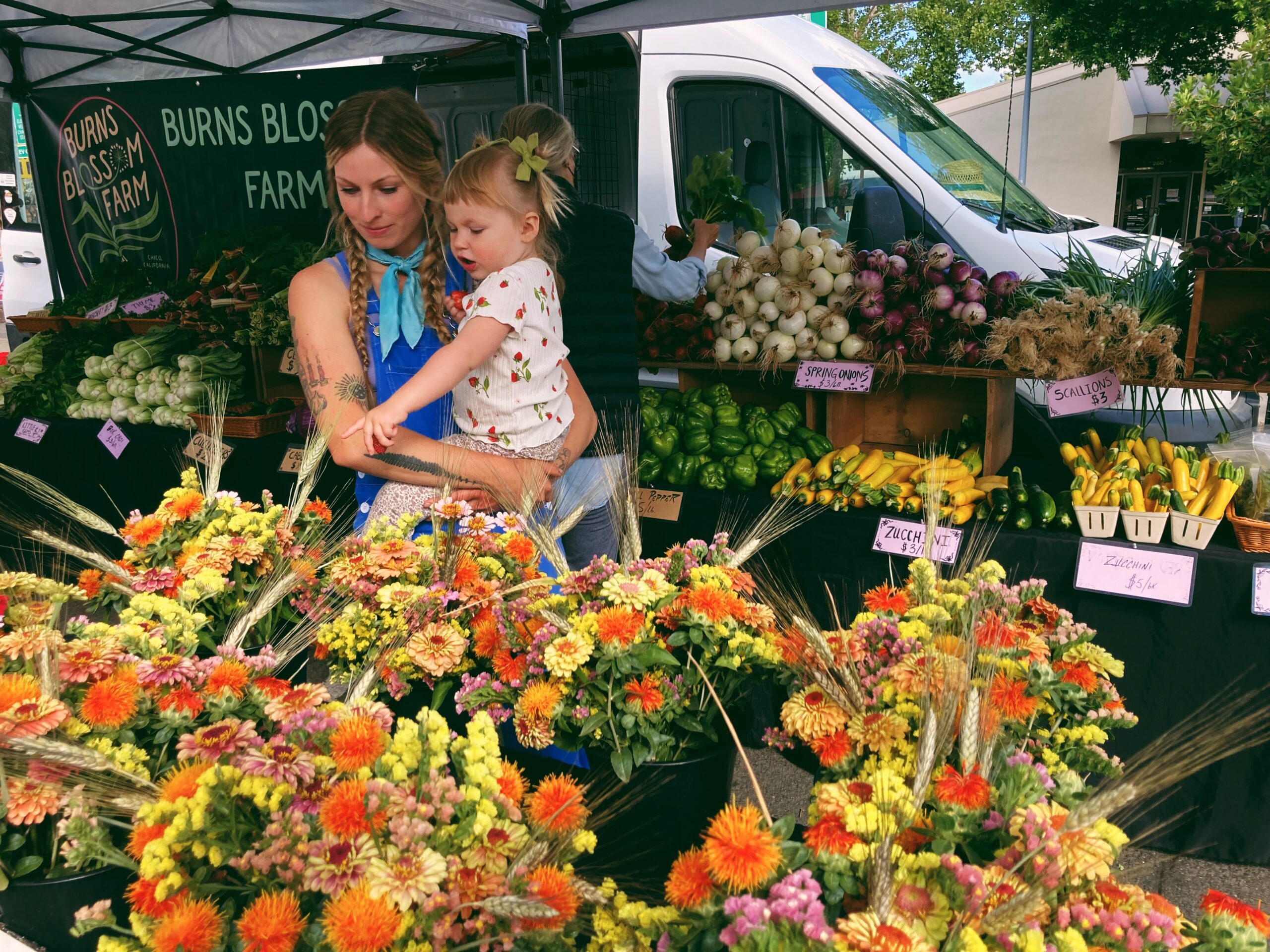
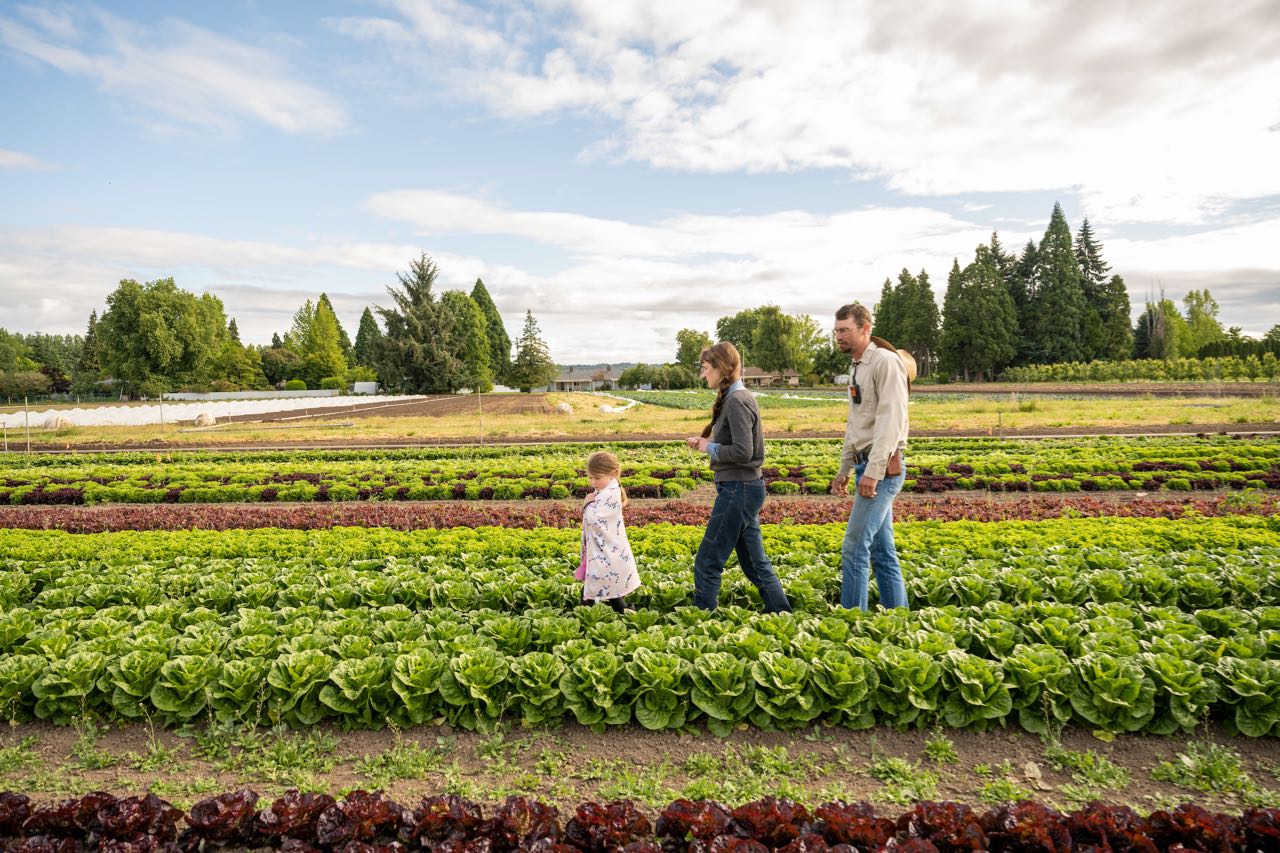
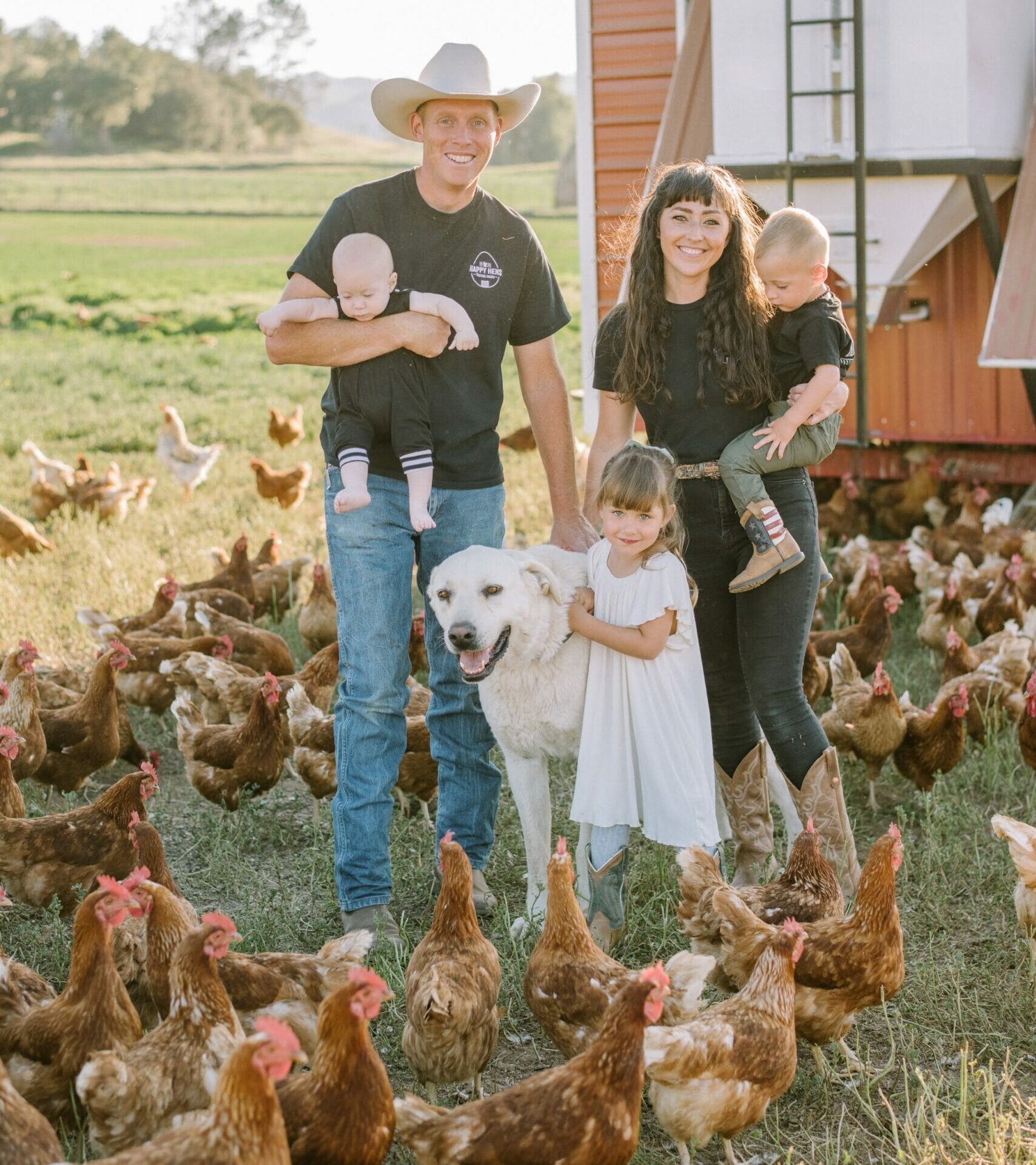
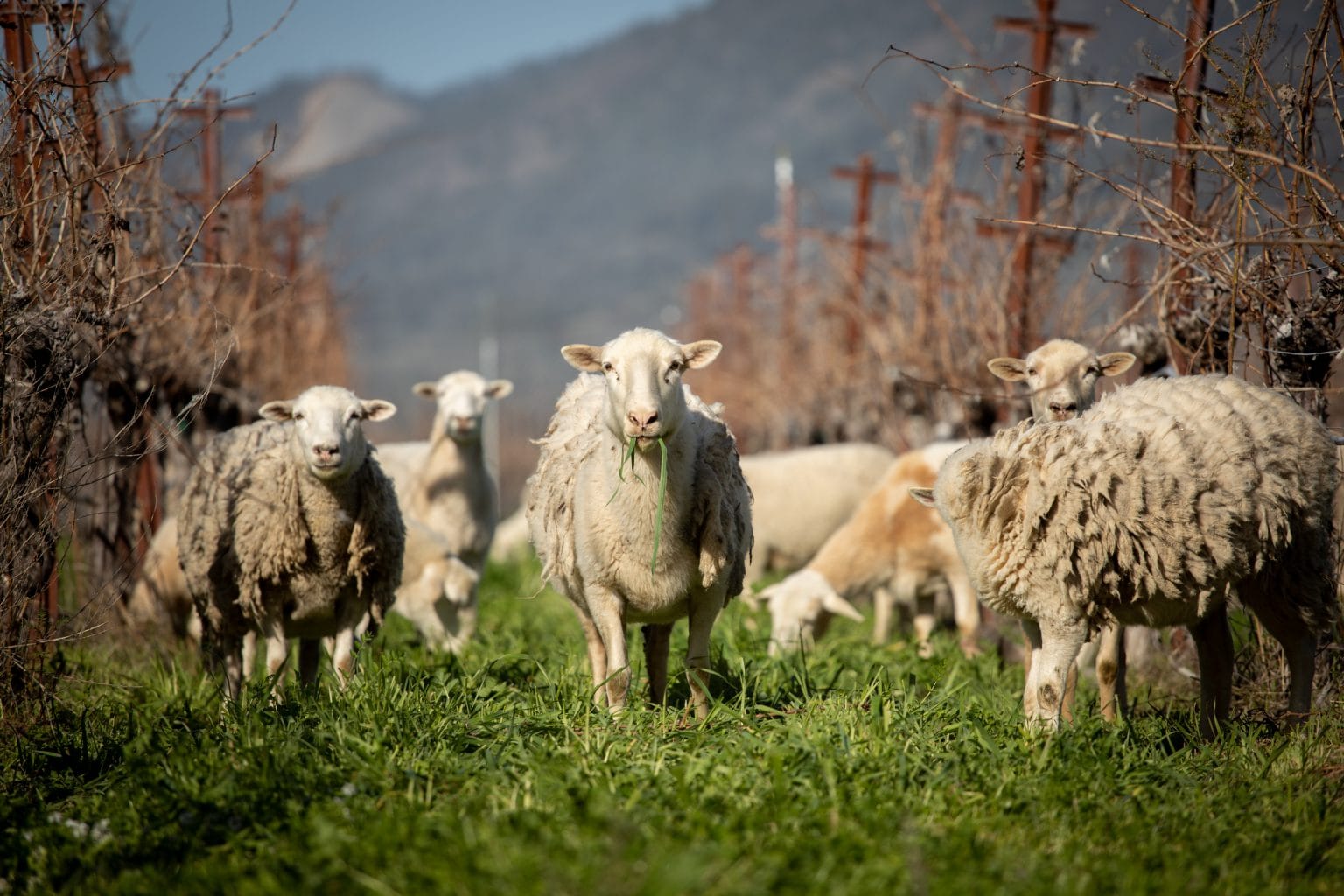
How Real Organic Project Defends the True Meaning of Organic
Real Organic Project's whole farm certification is a comprehensive approach that examines every aspect of a farm's commercial production. Unlike piecemeal certifications, this standard requires that all farm enterprises under common ownership or management meet strict organic principles. Farms cannot have any hydroponic or Concentrated Animal Feeding Operation (CAFO) production. The certification tracks not just individual crops or products, but the entire agricultural ecosystem.
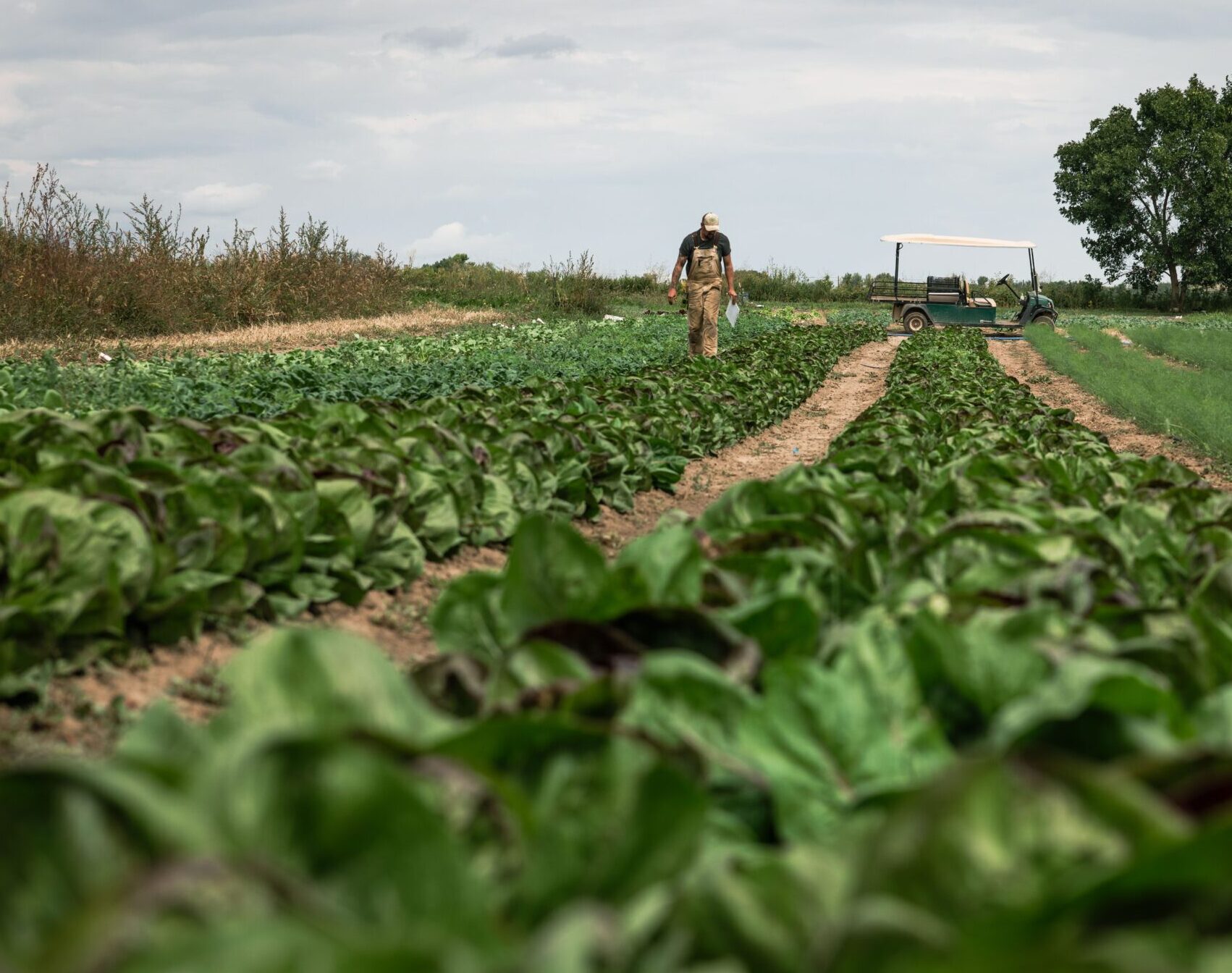
Connection to Earth
When we talk about growing food, we’re really talking about a profound, ancient relationship between plants, microorganisms, and the living earth. Soil isn’t just a medium—it’s a complex, breathing ecosystem that holds the potential for healing our planet and nourishing our bodies.
Real Organic Project understands that true nutrition begins underground. By mandating that crops grow directly in living soil, connected to subsoil and bedrock, we’re protecting something far more significant than agricultural technique. We’re defending a web of life that has sustained human civilization for millennia.
Every handful of healthy soil contains billions of microorganisms—a dynamic world of bacteria, fungi, and microscopic creatures that transform minerals, build nutrients, and create resilience. When plants grow with their roots deeply interacting with this living network, they absorb not just nutrients, but information. They become more than just food; they become a direct communication between earth’s intelligence and human health.
The driving force behind Real Organic Project is our belief that organic production standards should be based on the traditional organic guidelines of crops being grown in managed soil, with only a few, very clear exceptions. The Real Organic Project standards for soil management are the NOP standards, however our standards honor the legal meaning of the word “must.” Crop production that is not based on soil may be productive, safe, environmentally sound, etc, but it is not organic.
Industrial agriculture has treated soil like a sterile container—something to be controlled and manipulated. In contrast, Real Organic Project’s standards see soil as a living partner. By requiring practices that build organic matter, support biological activity, and minimize erosion, we’re proposing a radical act of ecological restoration.
This isn’t just about growing food. It’s about rebuilding our most fundamental relationship with the planet.
Pasture, Not Confinement: Raising Animals Right
Real Organic Project livestock standards prioritize natural behaviors and welfare by requiring daily outdoor access with vegetative cover, prohibiting confinement operations, and mandating pasture-based systems. For ruminants, at least 40% of diet must come from pasture during grazing season. The standards forbid routine preventative antibiotics and many physical alterations like tail docking and de-beaking. Housing must allow natural movement and behavior, with specific space requirements for different species to ensure humane treatment.

- Daily outdoor access with vegetative cover requirements
- No confinement operations (CAFOs) or preventative antibiotics
- Housing designed for natural movement and behavior
- Strict prohibitions on harmful physical alterations like tail docking and de-beaking
Shop Real Organic Products
When you buy from Real Organic Project farms, you're supporting farmers who grow crops in healthy, living soil and raise animals with true outdoor access on pasture.
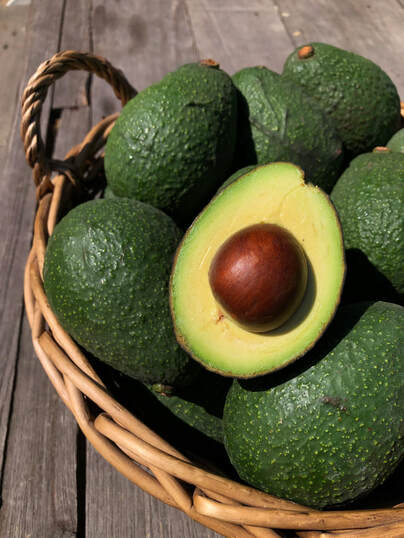
Traceland Organics Avocados
Traceland Organics ➔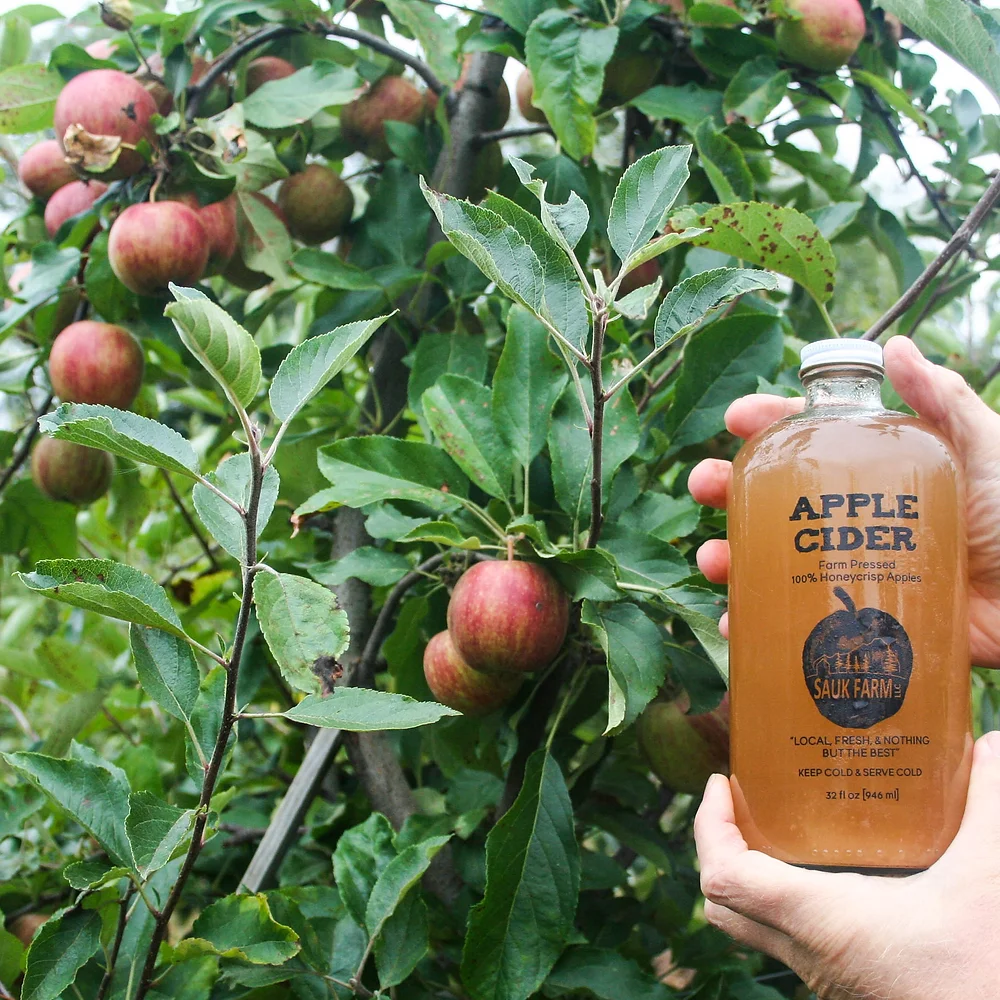
Sauk Farm Apple Cider
Sauk Farm ➔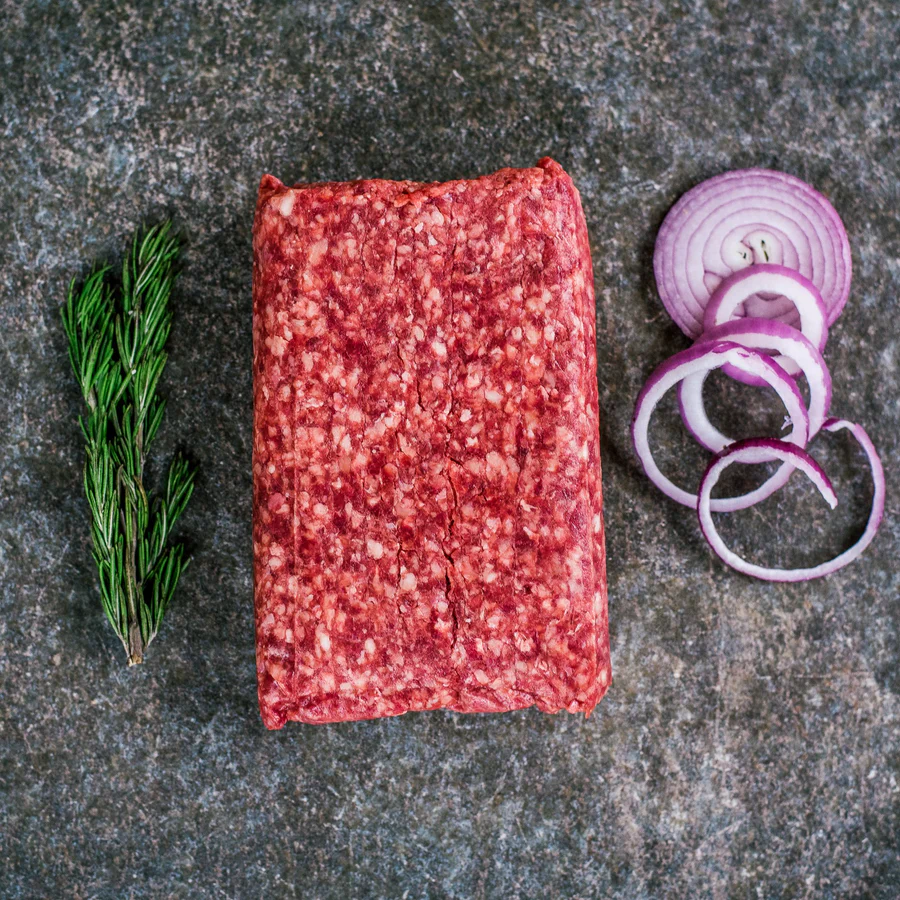
Alderspring Ranch Meat
Alderspring Ranch ➔